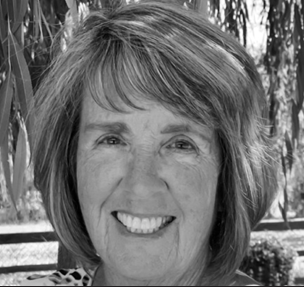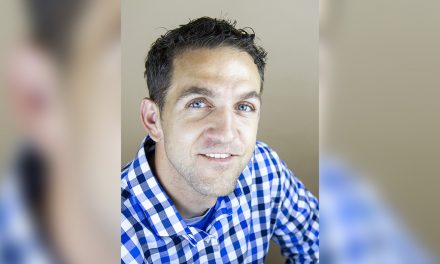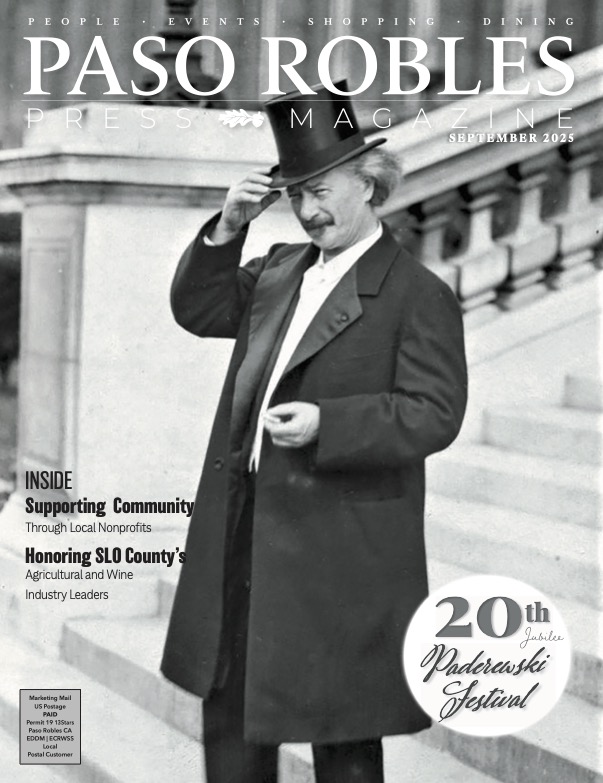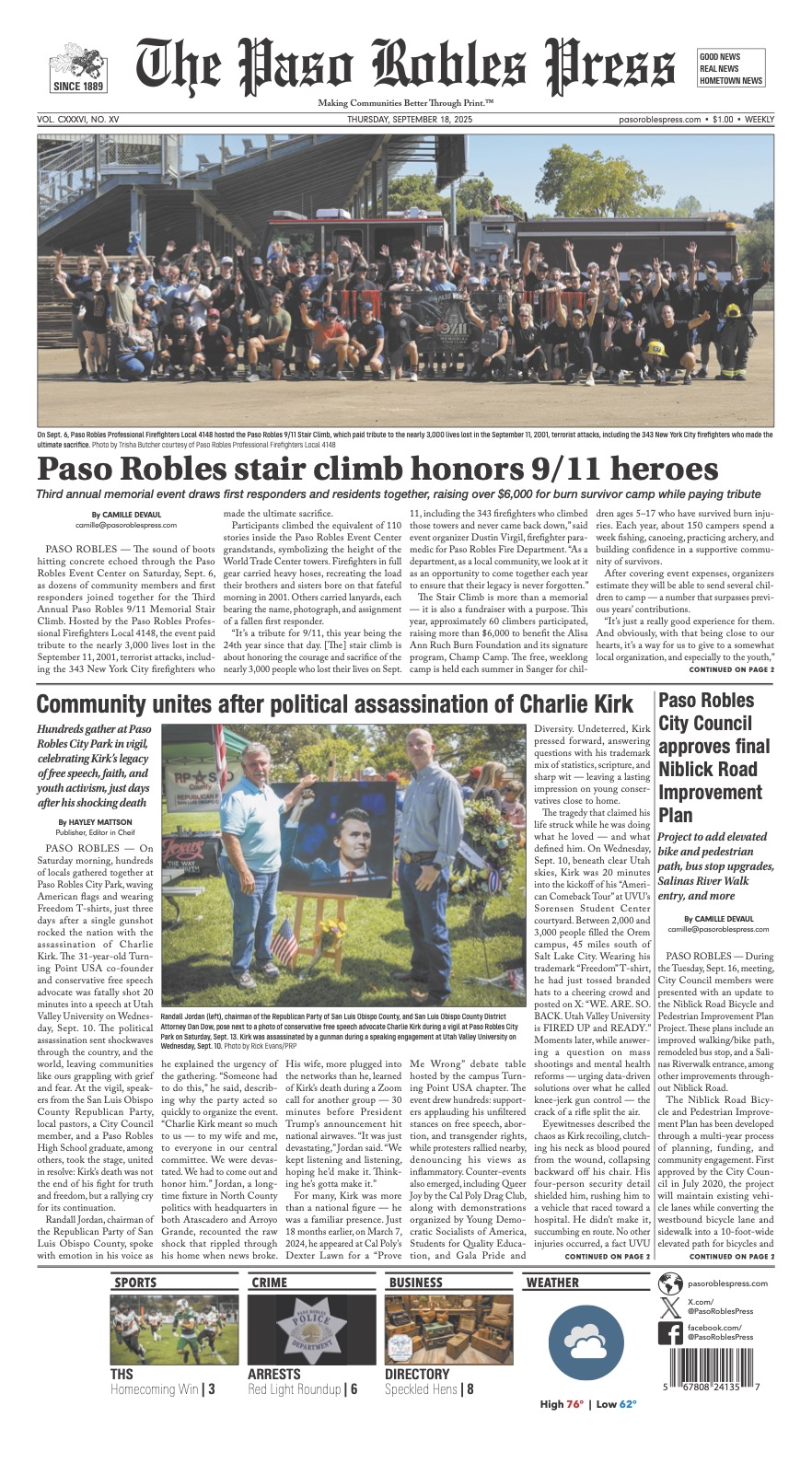
By Connie Pillsbury
Although 400 years have passed since the Mayflower landed, not much has changed in the universal human problem of the misuse of government power over people. The ‘dissenters,’ now known as Pilgrims, were persecuted by an overbearing state regulating their religious practices and beliefs. “Power corrupts, and absolute power corrupts absolutely” was as true in 1620 as today.
The Pilgrim story may well begin from the Reformation (mid-1500’s) and the ascendancy of the Church of England as the official state church of which the King was the temporal head. The state church retained a type of Pope-like episcopal dignity with much power and jurisdiction over the people.
There were those in England who could not conscientiously subscribe to the laws and rituals laid down by the established church. They were dissenters or non-conformists described by William Bradford, first governor of Plymouth Colony, as “those who labored to have the right worship of God and discipline of Christ established in the Church, according to the simplicity of the gospel, without the mixture of men’s inventions and to have and be ruled by the laws of God’s word, dispensed by Pastors, Teachers and Elders according to the Scriptures.”
This strained situation led to the founding of the Separatist Church in 1602 by a Cambridge graduate, followed by the Scrooby community, in which William Brewster and William Bradford were prominent. These independent thinkers who firmly asserted their right to worship according to their beliefs were in constant conflict with the authorities of the Church of England.
William Bradford wrote, “The contention was so great…even so far as to charge (very unjustly) some of their chief opposers with rebellion and high treason against the Emperor and other such crimes.” Regarding their treatment, he says: “They could not long continue in any peaceable condition but were hunted and persecuted on every side.”
From 1603 when King James I succeeded Elizabeth, conditions grew increasingly worse; Bradford wrote: “Seeing themselves thus molested and with no hope of continuing, they resolved to go into the Low Countries where they heard was freedom of religion for all men.” The migration to Holland in 1607-08 was not without its trials, as an old law made emigrating without authority a penal crime. Since ports were shut against them, they had to seek secret means of conveyance. Certain ship captains betrayed them to authorities and plundered their possessions and funds. However, “These things did not dismay them, for their desires were set on the ways of God and his providence.”
After one difficult year in Amsterdam, the group moved north to Leyden, where they spent twelve years in exile, yet “living together in peace, love, and holiness.” King James was beginning to exercise influence in Holland, shown in the extreme when their printing house was raided with type, books, and presses seized by government authorities. They were forbidden to publish religious writings, and their meetings were banned. As persecutions increased, Bradford wrote, “A compelling force seemed to drive them on to seek some place of permanent settlement.”
“The place they had thoughts on were those countries of America, which are fruitful and fit for habitation…some encouraged, and others objected, noting the many inconceivable dangers, casualties of the seas, the length of the voyage, the miseries of the land which they should be exposed unto would be too hard to bear and likely, some liable to famine, death and the want of all things,” wrote Bradford.
The response to the objections, Bradford wrote, was that “All noble and honorable actions were accomplished with great difficulties and must be overcome with answerable courage. The dangers were great but not desperate, and the difficulties were many but not invincible. True, such attempts were to be made upon good reason, not rashly as many have done for curiosity or hope of gain. But their condition was not ordinary. Their ends were good and honorable, their calling lawful and urgent, and therefore they might expect a blessing; yea, although they should lose their lives in this action, yet they might have comfort in the same: and their endeavors would be honorable.”
Today, there are those pilgrims who would like to board a ‘Mayflower’ and head for a new land, seeking freedom from government overreach, corrupted power, and overbearing authority. Their ends are also good and honorable, and their calling lawful and urgent. Since distant shores are all inhabited and occupied, our question is, what then will be our ‘Mayflower?’
Epilogue: Forty-five of the 102 Mayflower passengers died in the winter of 1620–21, and the Mayflower colonists suffered greatly during their first winter in the New World from lack of shelter, scurvy, and general conditions on board ship. My ancestors, William Mullins, wife, and son, were among those that died that first winter. They left one daughter, 17-year old Priscilla Mullins, who married the ship’s cooper (barrel-maker) John Alden. John and Priscilla are my ninth great grandparents.
Source: Atwood, W.F., The Pilgrim Story, Plymouth, Mass. June 1950.












